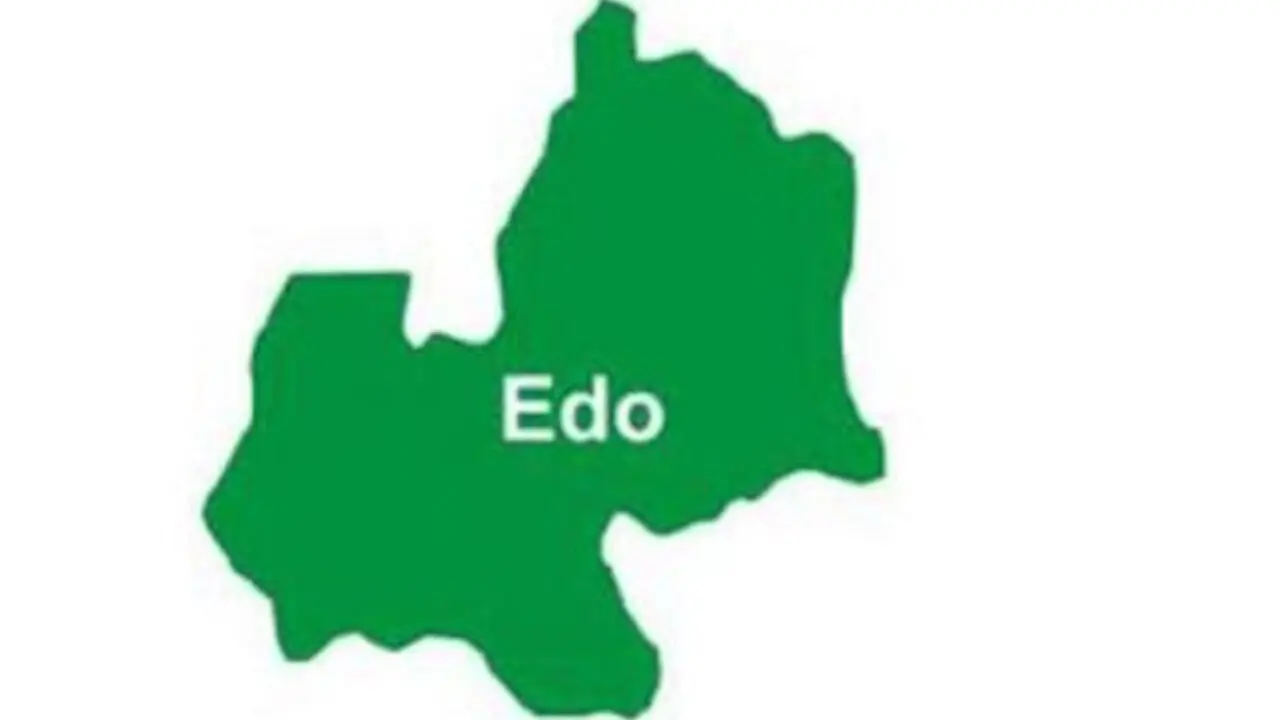CITY ROUND

STEP: HOW SEPLAT’S TEACHER EMPOWERMENT PROGRAMME IS TRANSFORMING CLASSROOMS IN EDO AND DELTA
Across Nigeria, one question looms large: How do we prepare young people for a world changing faster than school curricula can keep up?
For Seplat Energy, the answer lies with teachers — not just what they know, but how they lead, inspire, and use tools to transform learning. This vision drives the Seplat Teachers Empowerment Programme (STEP), a bold initiative that is quietly reshaping classrooms in Edo and Delta States.
2025 Cohort: Bigger and Smarter
From 4,666 applicants, 650 teachers and Chief Inspectors of Education were selected this year, 325 each from Edo and Delta. Since its launch in 2020, STEP has now trained 1,984 educators, building a network of alumni who are rethinking classroom teaching for the 21st century.
But the 2025 intake isn’t just larger, it’s different by design. Each participant received a tablet loaded with the STEP mobile app, complete with learning modules, data support, and peer forums. This ensures training doesn’t stop at the workshop — it continues in classrooms, with access to real-time mentorship, project templates, and assessment tools.
More Than Tech: Blending Leadership and STEAM
STEP goes beyond handing out devices. Teachers are trained in STEAM methods (science, technology, engineering, arts, and mathematics) alongside leadership and emotional intelligence. They learn to turn traditional classrooms into spaces where inquiry, teamwork, and problem-solving thrive.
At onboarding sessions in Benin and Asaba, educators tackled case studies, practiced the “7 Cs of communication,” and role-played leadership scenarios that positioned them not just as instructors, but as community change agents.
Replicable and Scalable
One strength of STEP is its mirrored design: Edo and Delta run identical modules, mentorships, and evaluations. This allows quick learning — what works in one state can be adjusted in the other — and lays the groundwork for expansion to other regions.
Crucially, the programme measures impact, not attendance. Teachers submit lesson plans, run student projects, and complete assessments that track real classroom change. Programme managers can monitor participation through app analytics and step in when engagement dips.
Beyond CSR: Towards System Change
Nigeria faces steep education challenges: pandemic learning losses, rural–urban gaps, and a looming global teacher shortage. Against this backdrop, STEP isn’t just another CSR project; it’s a proof of concept for how private-sector-led teacher development can integrate into state systems.
Already, ministries of education in Edo and Delta have partnered with STEP, verifying completion lists and exploring ways to embed the training into continuous professional development (CPD) frameworks. If sustained, this alignment could turn STEP from a standalone project into a nationally scalable model.
Quiet Revolution in Classrooms
The impact is already visible. Teachers who once relied on chalk-and-talk methods now lead project-based lessons, run inquiry labs, and share resources through peer forums. Even small shifts — like turning a static science class into a hands-on experiment — ripple out to inspire students and colleagues alike.
For Nigeria, the stakes couldn’t be higher. To compete in a fast-changing world, schools need teachers who are equipped, connected, and empowered to lead. STEP isn’t a silver bullet, but it shows what’s possible when technology, pedagogy, and leadership come together.
In the words of one education expert at the Edo onboarding:
“We’re not just training teachers to teach; we’re training them to lead learning for the future.”
And that future may well begin in classrooms across Edo and Delta.
"This represents a significant development in our ongoing coverage of current events."— Editorial Board









